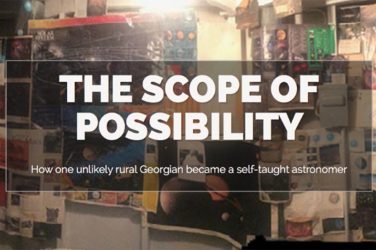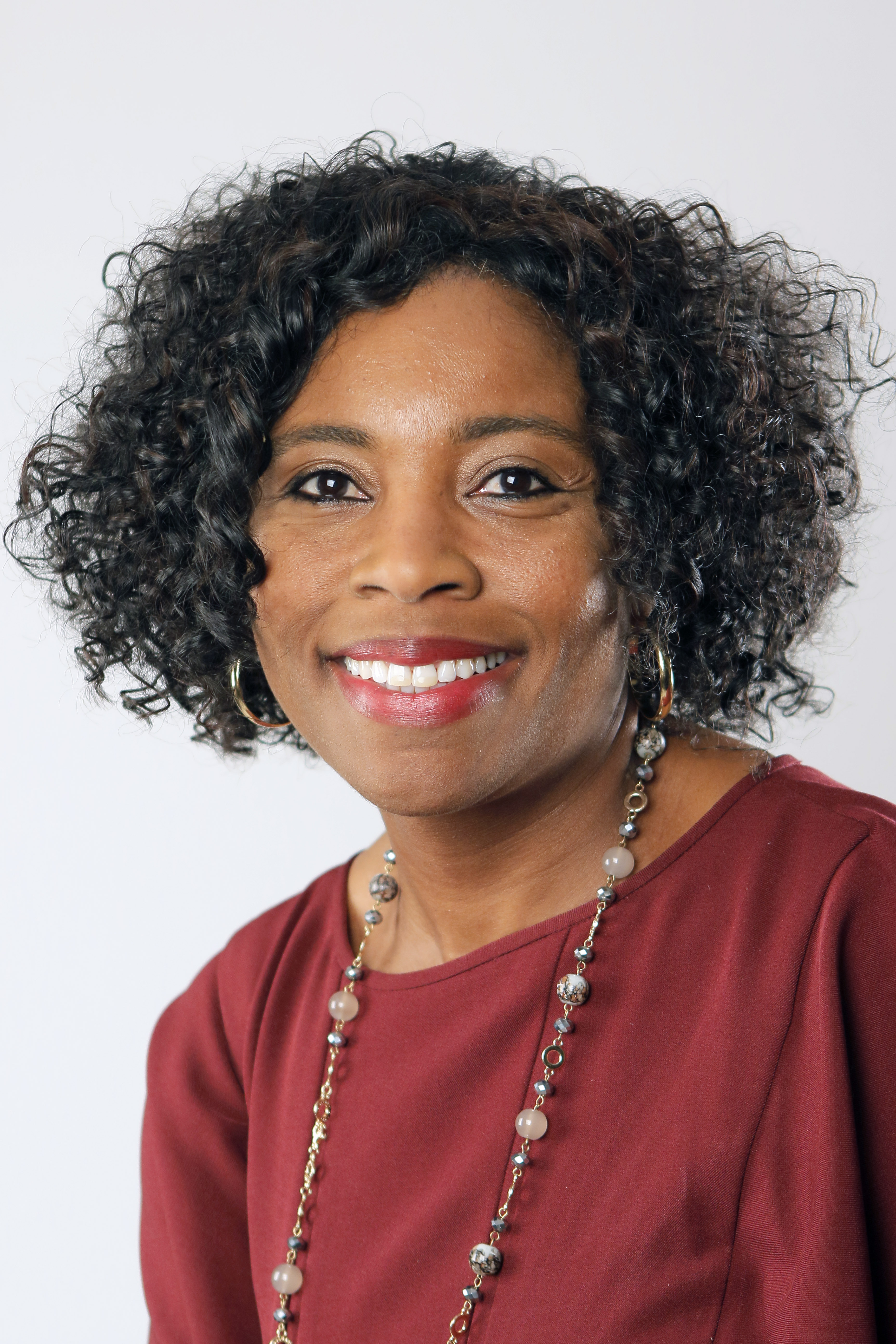
To further our mission to not only craft and showcase journalism at Grady, but also talk about the process and quality of reporting itself, each guest curator has highlighted what he or she sees as the five “don’t want to miss” pieces posted to Grady Newsource that month, along with a few sentences of constructive reflection about the journalism.
About This Month’s Guest Curator
Tracy Brown is currently the Digital Deputy Managing Editor at the Atlanta Journal Constitution, where she leads three teams: Digital, Features and Food & Dining. Prior to that, she oversaw Education and was the newspaper’s Page One editor.
Before coming to the AJC eight years ago, she was deputy arts editor at the Dallas Morning News in Texas. A graduate of the University of Georgia, she has also worked at the St. Petersburg Times in Florida and The State newspaper in Columbia, S.C. Brown is also a member for the University of Georgia’s alumni board for the Grady College of Journalism.
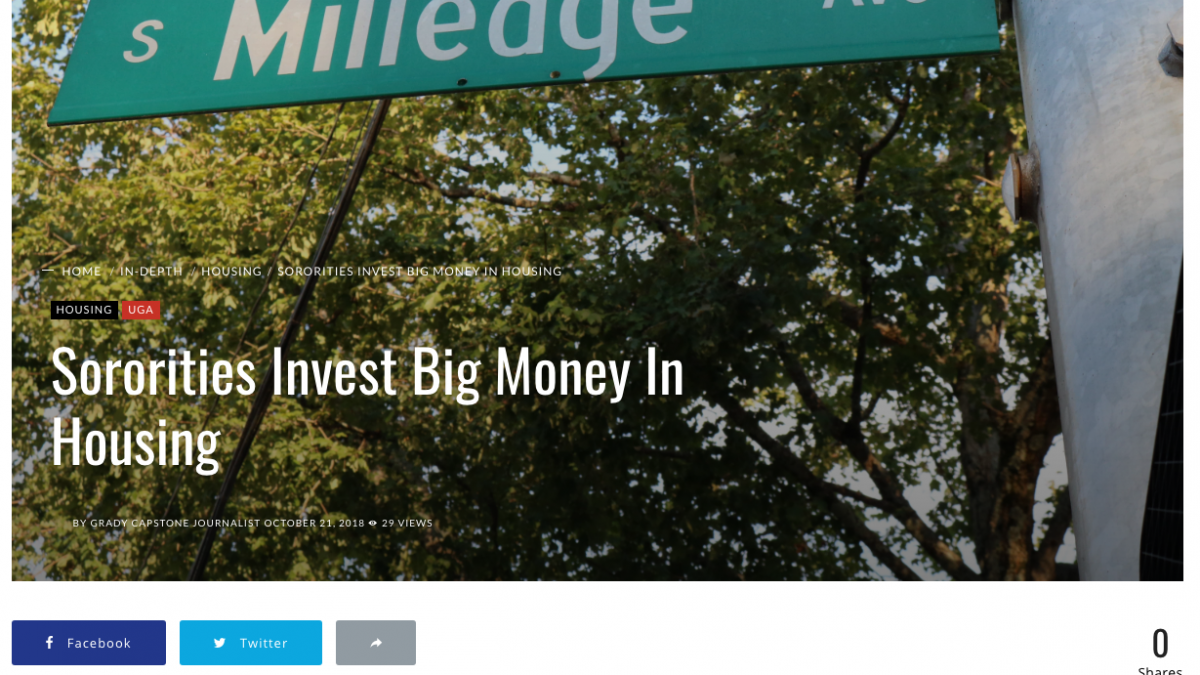
This was my favorite story for a number of reasons. Mainly, I think the reporter has stumbled onto something that has a lot of legs and potentially national interest for colleges around the country. The fact that the average sorority home at UGA is valued at $1.8M is fascinating. The breakout chart with data compiled from public records adds to some really good reporting detail. This story has lots of follow-up potential. Would any of the groups be willing to give a video/photo tour. The photo gallery of the exterior of the homes was a big win! What’s it like living in one of these homes? Possible day in the life? I was disappointed that it didn’t have more views or shares – and I would encourage Newsource to use influencers to promote their stories on social (meaning members of the sororities and fraternities at UGA). I think there is certainly more to do on this topic.
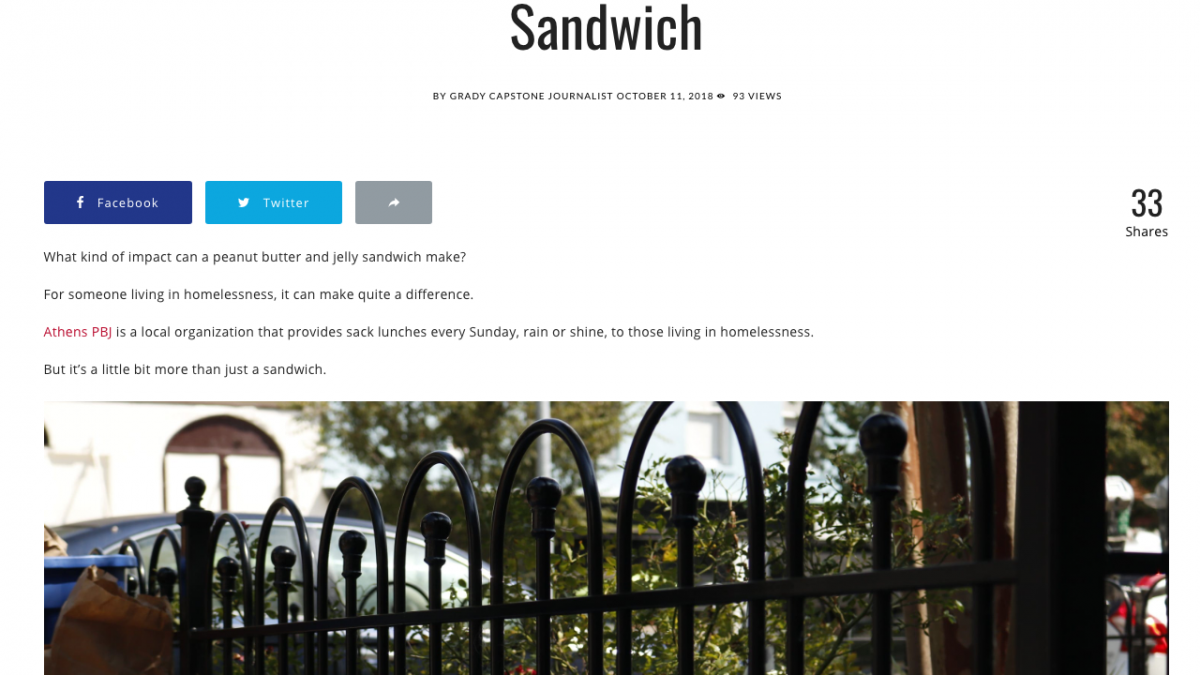
First off, I love this headline. It just made me want to know more. I love the way the reporter told this story through the local director. Her comments about it being the best thing she’s done in college – and its spiritual impact. Great use of photos – and the idea to embed 30 seconds of audio to the story was very smart. I thought it added another layer of texture. Good stuff.
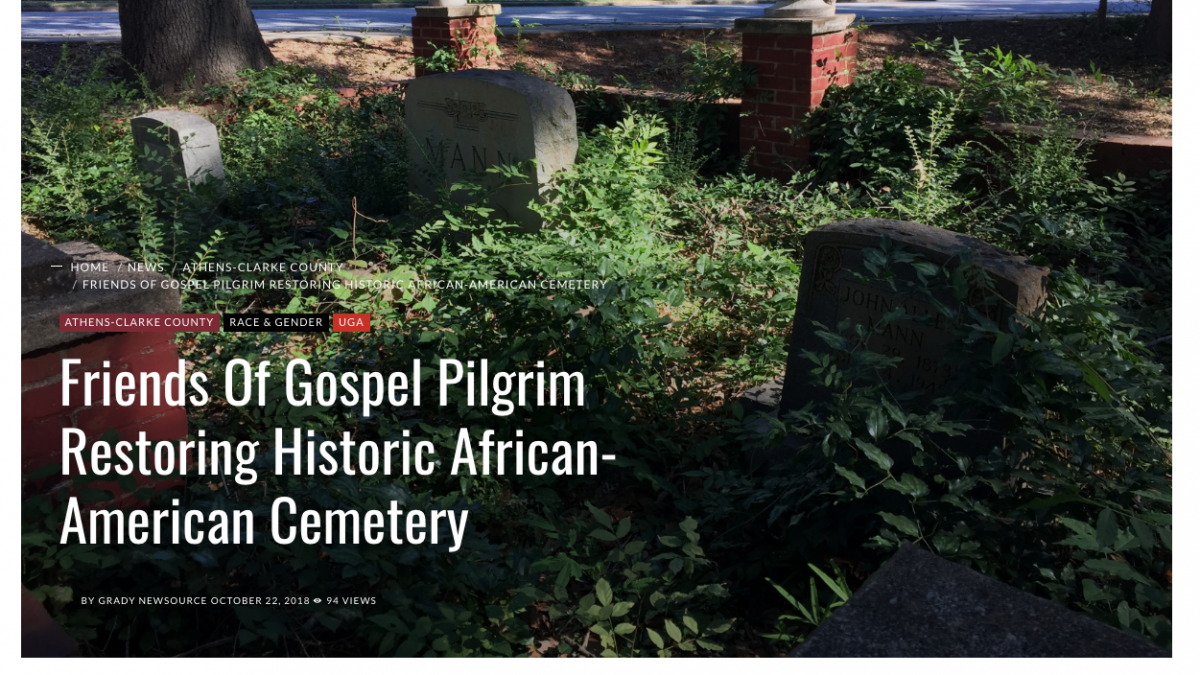
So here’s an impressive thing about this story: 45 shares. It’s not easy to get 45 people to share a story. The story wasn’t long or deeply reported, but it offered readers something more and more people want – a call to action to help. The video was smartly done, from showing volunteers at work to focusing in on the dates on some of the tombstones, including one from the 1800s! Kudos for the great engagement on this story.
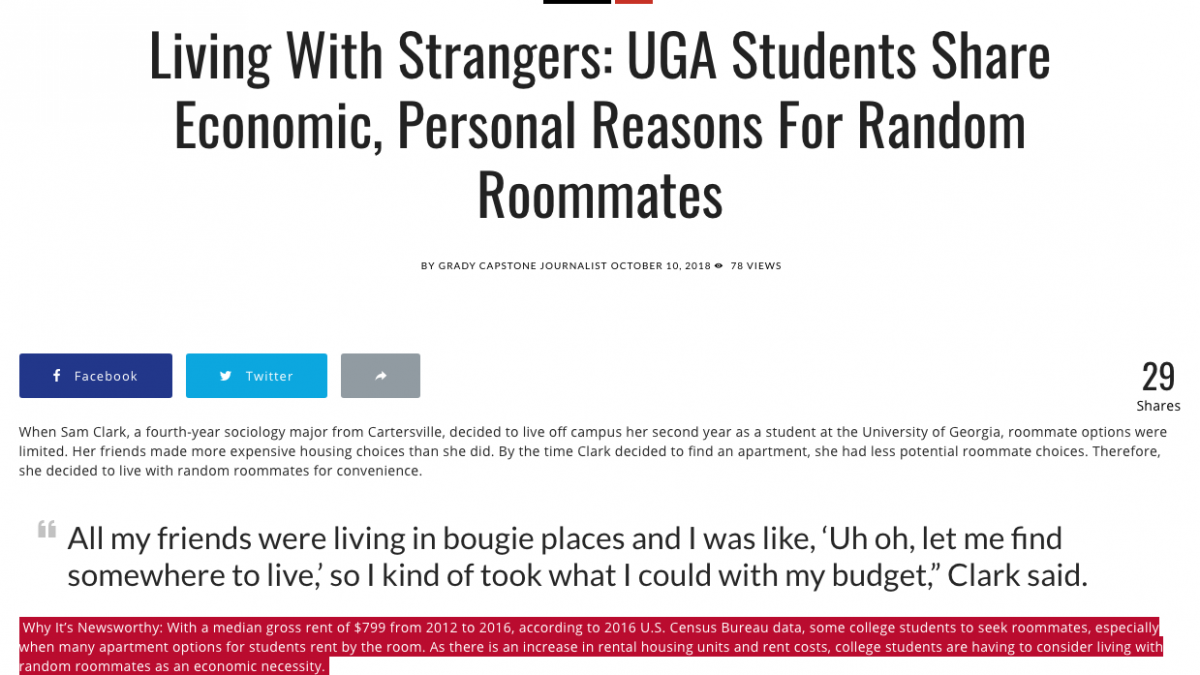
Thanks for doing this story. There have been lots of stories in the past few years about housing shortages at colleges and universities around the country, but there are very few stories about what’s that like on a personal level for students dealing with limited options. I thought the story had good balance for students who have struggled somewhat with their options along with students who have made it a winning alternative for even after college. The story had good detail on the cost and the personal financial struggles students and their parents face. It appears the story had good engagement on views and shares. Well done. (Resurface or update this story when students are having to make housing choices next fall!)
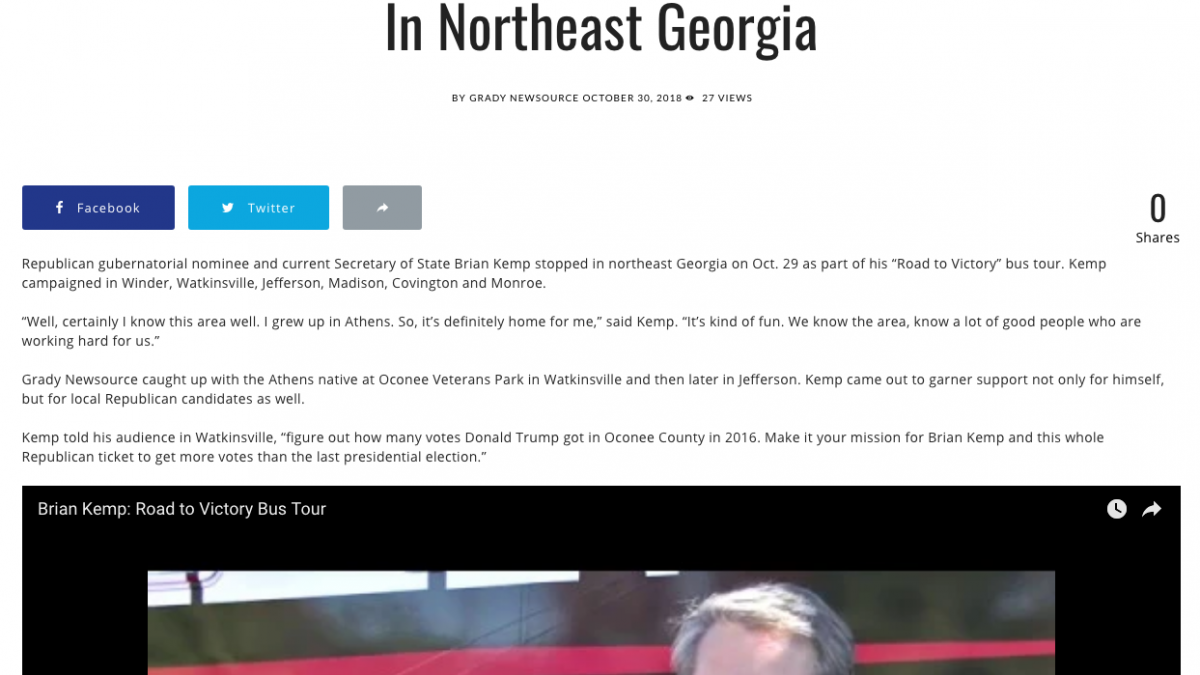
I love that Grady Newsource not only followed the Kemp campaign through stops near Athens, but were able to get lots of good comments from Kemp himself and an exclusive video interview. This was an important moment for the Athens area – even if the crowd wasn’t that big. The one thing I wanted more of was the scene on attendees (how many, including young/old, any students) as well as comments from those attending. I got some sense of that in the embedded video, which was pretty well done on the reporting and video editing fronts. The reporter was very comfortable on camera and the video was tight and gave me a good view of the scene. Just one thing: Always remember to talk to regular people, particularly on political stories.





